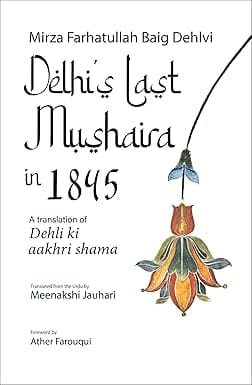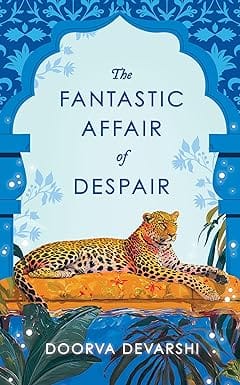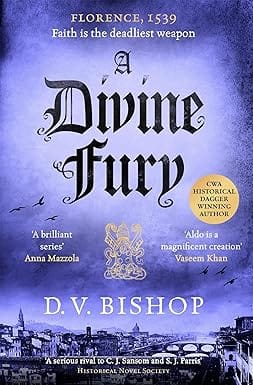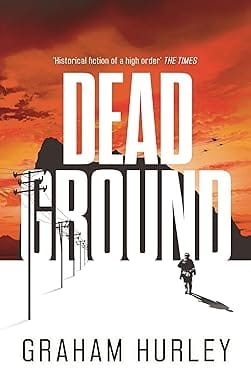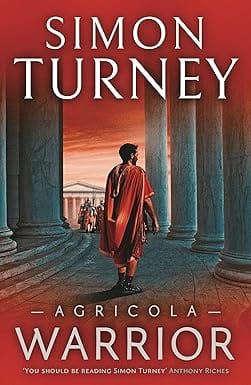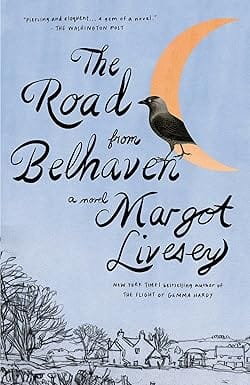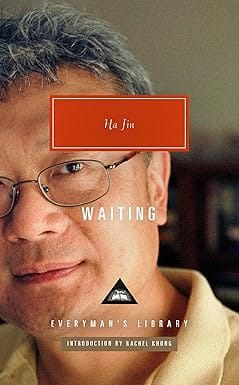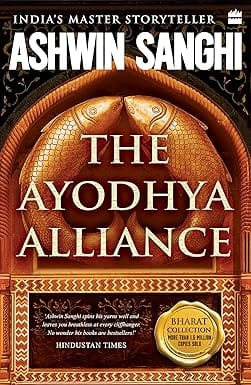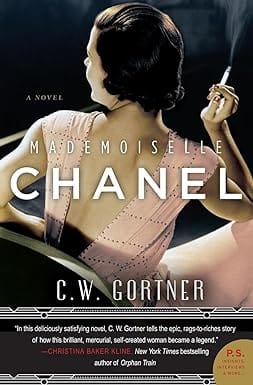WELCOME TO MIDLAND BOOK SHOP!
SHOP FOR
- Non-ficton
- Non-ficton
- Contemporary Fiction
- Contemporary Fiction
- Children
- Children
- Comics & Graphic Novels
- Comics & Graphic Novels
- Non-Fiction
- Non-Fiction
- Fiction
- Fiction
Shop No.20, Aurobindo Palace Market, Hauz Khas, Near Church +91 9818282497 | 011 26867121 110016 New Delhi IN
Midland The Book Shop ™
Shop No.20, Aurobindo Palace Market, Hauz Khas, Near Church +91 9818282497 | 011 26867121 New Delhi, IN
+919871604786 https://www.midlandbookshop.com/s/607fe93d7eafcac1f2c73ea4/677cda367903fd013d69b606/without-tag-line-480x480.png" [email protected]9789355438935 67792c8e0c3071002b97ade7 Delhis Last Mushaira In 1845 A Translation Of Dehli Ki Aakhri Shama https://www.midlandbookshop.com/s/607fe93d7eafcac1f2c73ea4/67792c900c3071002b97adef/71zl5ms01jl-_sy385_.jpg 9789355438935
Delhi’s Last Mushaira in 1845, a translation of Farhatullah Baig’s popular work, Dehli ki aakhri shama, is set at an inflection point in the history of Delhi; a portrait of a culturally sophisticated and uncertain Delhi on the precipice of monumental change. It is a world on the threshold of being pushed into oblivion, a world Baig saheb wants to preserve in his word-images for future readers. Master poets like Mirza Ghalib, Sheikh Ibrahim Zauq and Hakim Momin Khan are seen in their prime at close quarters, and Dagh Dehlvi as a young poet on the threshold of fame. The last Mughal emperor, Bahadur Shah Zafar, makes a brief appearance, but still leaves an indelible impression. This is the first complete translation of the critical edition of this popular Urdu classic published by Anjuman Taraqqi Urdu (Hind) in 1991. It contains the original Urdu ghazals, along with their translations, plus curated word-portraits of the master poets of nineteenth-century Delhi. The Translator's Introduction places the historic fictional mushaira in a larger context, against the socio-cultural backdrop of a city that had a Mughal badshah and a British administration, an eclectic vibrancy of artistic expression among people at large, especially a deep affinity for poetry that earmarked that epoch forever in history books and popular imagination.
About the Author
MIRZA FARHATULLAH BAIG is best known for his vivid word-sketches and among his most famous works is the sketch of his teacher, Maulvi Nazir Ahmed Dehlvi, Nazeer Ahmed ki kahani, kuchh meri kuchh unki zabaani. His other popular books include Bahadur Shah aur phoolwalon ki sair and Ek vasiyat ki tamiil, along with seven volumes of collected essays, entitled Mazaameen-i-Farhat. Different sources have different dates for his birth, but in Farhatullah's own account, he gives his date of birth as 3 August 1885. He graduated from Delhi's St. Stephen's College in 1905, then went to Hyderabad (Deccan) in 1917 for employment, and remained there all through his life. Aside from writing brilliant prose, he composed poetry too. In Meri shairi, he describes his poetic journey along with his verses. Meri daastaan is his autobiography, wherein he shares details of his various careers, or in his words, 'thirty-four years of rigorous imprisonment. Farhatullah Baig died on 27 April 1947 in Hyderabad.
Meenakshi Jauhari (Translator) has been writing fiction and poetry for more than three decades. During the last decade, she has focused on translating from Urdu, for example, Amrita Pritam’s poetry. Her poetry antholog
Meenakshi Jauhari (Translator) has been writing fiction and poetry for more than three decades. During the last decade, she has focused on translating from Urdu, for example, Amrita Pritam’s poetry. Her poetry antholog
in stockINR 399
1 1
Email ID already exists!
Your Current password is incorrect
Password Updated Successfully
Thanks for your Feedback
- Home
- Fiction
- Historical Fiction
- Delhis Last Mushaira In 1845 A Translation Of Dehli Ki Aakhri Shama
Delhis Last Mushaira In 1845 A Translation Of Dehli Ki Aakhri Shama
ISBN: 9789355438935
₹399
₹499 (20% OFF)SIZE GUIDE
Sold By: Hauz Khas - Aurobindo Market
Details
- ISBN: 9789355438935
- Author: Mirza Farhatullah Baig Dehlvi
- Publisher: Amaryllis
- Pages: 230
- Format: Paperback
Book Description
Delhi’s Last Mushaira in 1845, a translation of Farhatullah Baig’s popular work, Dehli ki aakhri shama, is set at an inflection point in the history of Delhi; a portrait of a culturally sophisticated and uncertain Delhi on the precipice of monumental change. It is a world on the threshold of being pushed into oblivion, a world Baig saheb wants to preserve in his word-images for future readers. Master poets like Mirza Ghalib, Sheikh Ibrahim Zauq and Hakim Momin Khan are seen in their prime at close quarters, and Dagh Dehlvi as a young poet on the threshold of fame. The last Mughal emperor, Bahadur Shah Zafar, makes a brief appearance, but still leaves an indelible impression. This is the first complete translation of the critical edition of this popular Urdu classic published by Anjuman Taraqqi Urdu (Hind) in 1991. It contains the original Urdu ghazals, along with their translations, plus curated word-portraits of the master poets of nineteenth-century Delhi. The Translator's Introduction places the historic fictional mushaira in a larger context, against the socio-cultural backdrop of a city that had a Mughal badshah and a British administration, an eclectic vibrancy of artistic expression among people at large, especially a deep affinity for poetry that earmarked that epoch forever in history books and popular imagination.
About the Author
MIRZA FARHATULLAH BAIG is best known for his vivid word-sketches and among his most famous works is the sketch of his teacher, Maulvi Nazir Ahmed Dehlvi, Nazeer Ahmed ki kahani, kuchh meri kuchh unki zabaani. His other popular books include Bahadur Shah aur phoolwalon ki sair and Ek vasiyat ki tamiil, along with seven volumes of collected essays, entitled Mazaameen-i-Farhat. Different sources have different dates for his birth, but in Farhatullah's own account, he gives his date of birth as 3 August 1885. He graduated from Delhi's St. Stephen's College in 1905, then went to Hyderabad (Deccan) in 1917 for employment, and remained there all through his life. Aside from writing brilliant prose, he composed poetry too. In Meri shairi, he describes his poetic journey along with his verses. Meri daastaan is his autobiography, wherein he shares details of his various careers, or in his words, 'thirty-four years of rigorous imprisonment. Farhatullah Baig died on 27 April 1947 in Hyderabad.
Meenakshi Jauhari (Translator) has been writing fiction and poetry for more than three decades. During the last decade, she has focused on translating from Urdu, for example, Amrita Pritam’s poetry. Her poetry antholog
Meenakshi Jauhari (Translator) has been writing fiction and poetry for more than three decades. During the last decade, she has focused on translating from Urdu, for example, Amrita Pritam’s poetry. Her poetry antholog
User reviews
NEWSLETTER
Subscribe to get Email Updates!
Thanks for subscribing.
Your response has been recorded.

India's Iconic & Independent Book Store offering a vast selection of books across a variety of genres Since 1978.
"We Believe In The Power of Books" Our mission is to make books accessible to everyone, and to cultivate a culture of reading and learning. We strive to provide a wide range of books, from classic literature, sci-fi and fantasy, to graphic novels, biographies and self-help books, so that everyone can find something to read.
Whether you’re looking for your next great read, a gift for someone special, or just browsing, Midland is here to make your book-buying experience easy and enjoyable.
We are shipping pan India and across the world.
For Bulk Order / Corporate Gifting
 +91 9818282497 |
+91 9818282497 |  [email protected]
[email protected]
Click To Know More
INFORMATION
QUICK LINKS
ADDRESS
Midland Book Shop - Hauz Khas
Shop No.20, Aurobindo Palace Market, Near Church, New Delhi
Shop No.20, Aurobindo Palace Market, Near Church, New Delhi

